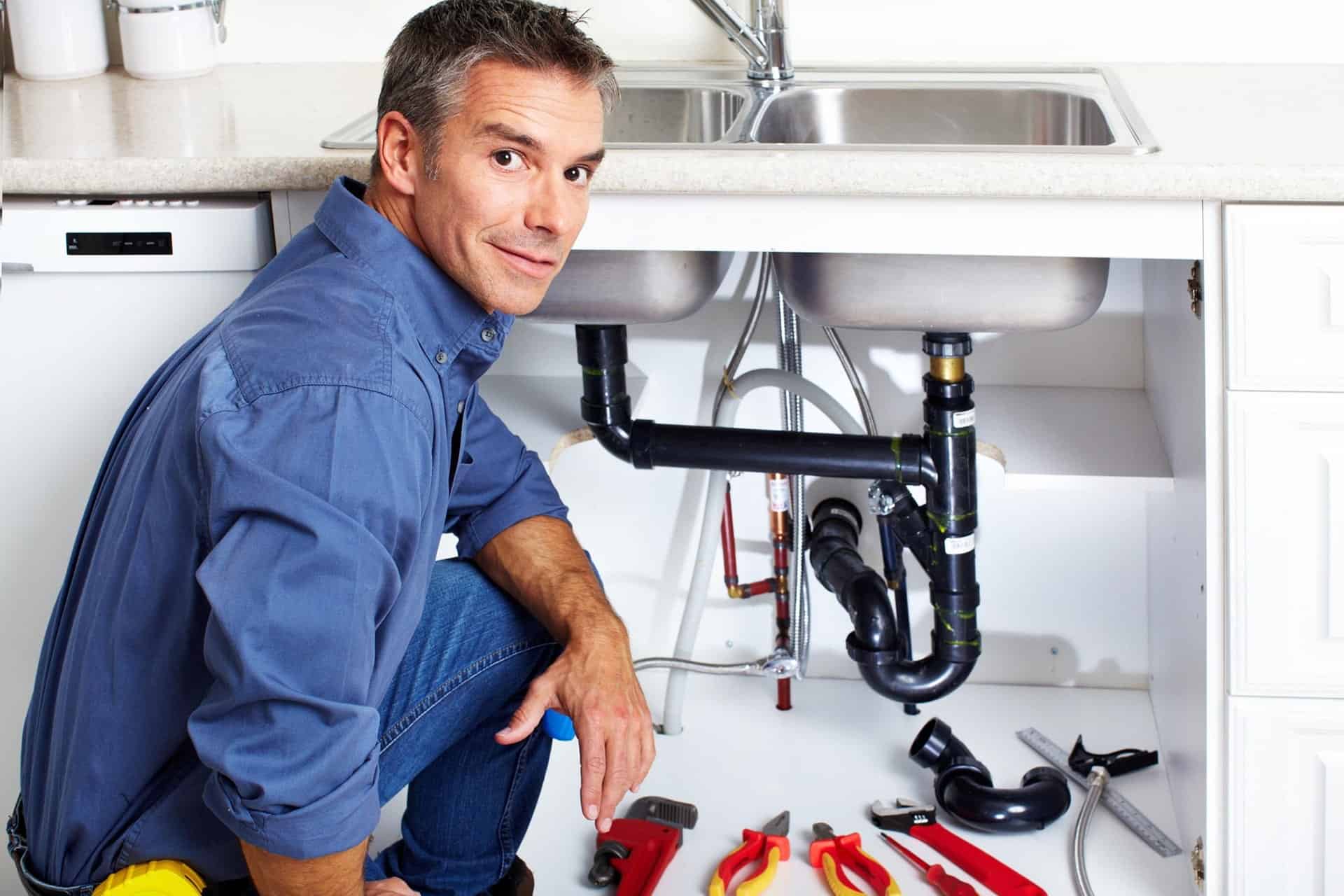
Question: Can You Install a Dishwasher Without a Plumber?
Answer: Yes, you can install a dishwasher without a plumber if you’re handy and comfortable with basic plumbing. However, improper installation can lead to leaks and other issues, so professional installation is recommended for complex situations or if you’re unsure.
Dishwasher Installation: A DIY Project?
You want a new dishwasher. You may wonder if you can save money by installing it yourself. This article explores dishwasher installation. It examines the process, the tools you need, and potential problems. This guide helps you decide if DIY installation suits your skills and situation. We’ll cover everything from water supply lines and drain connections to electrical requirements and securing the appliance. Learn how to install a dishwasher, or when to call a professional.
Installing a dishwasher may appear simple, but it involves plumbing and electrical work. Mistakes can cause leaks, damage your home, or create safety hazards. This article offers a realistic view of DIY dishwasher installation. It helps you determine if you can handle the project or if you need a plumber.
Assessing Your DIY Skills
Before starting, assess your handiness. Do you have basic plumbing and electrical experience? Have you worked with water supply lines and drain connections? Are you comfortable using power tools? If you lack experience, consider the risks. A faulty dishwasher installation can lead to costly repairs. Assess your skills honestly. This helps you avoid potential problems.
Review your local building codes. Some jurisdictions require licensed plumbers for dishwasher installations. Permits may be necessary so check with your local authorities before starting the project. Failing to comply with regulations can result in fines or other penalties so ensure your project meets legal requirements.
Essential Tools and Materials
- Adjustable Wrench
- Screwdrivers
- Teflon Tape
- Pliers
- Level
- Wire Strippers
- Electrical Tester
- Dishwasher Installation Kit
Click here for more information on kitchen refacing Toronto
Related Article: How Do I Unclog My Dishwasher Line?
Related Article: What Dishwasher Detergent Do Plumbers Recommend?
Electrical Requirements
Dishwashers require a dedicated electrical circuit and most require a 120-volt circuit. Check your dishwasher’s specifications for the exact voltage and amperage requirements. The wiring connection usually resides under the sink, near the plumbing connections. Ensure the circuit breaker is off before working on the electrical connections. Use a voltage tester to confirm the power is off.
Connect the dishwasher’s wiring to the electrical supply according to the manufacturer’s instructions. Use wire nuts to secure the connections and ground the dishwasher properly to prevent electrical shocks. After completing the wiring, turn the circuit breaker back on and test the dishwasher’s power. Confirm all electrical connections are secure and safe.
Securing the Dishwasher
After connecting the plumbing and electrical, secure the dishwasher under the countertop. Use screws to attach the dishwasher to the underside of the countertop or to adjacent cabinets. To ensure the dishwasher is level adjust the legs as needed to achieve a level position. A level dishwasher operates more efficiently and reduces noise and vibration.
Check the dishwasher’s door alignment. Adjust the hinges or door springs as needed to ensure proper closure. Test the door latch to ensure it engages securely. Run a test cycle to verify the dishwasher fills, washes, drains, and dries correctly. Observe the dishwasher during operation to identify any leaks or unusual noises.
Can You Install a Dishwasher Without a Plumber? Final Considerations
You can install a dishwasher without a plumber if you have the necessary skills, tools, and time. However, if you are unsure about any aspect of the installation process, hiring a licensed plumber is wise. A qualified plumber can ensure a safe and correct installation, minimizing the risk of problems. Weigh the costs and benefits of DIY versus professional installation.
This guide provides general information for educational purposes. Consult your dishwasher’s installation manual for specific instructions. Local codes and regulations vary. Verify compliance before beginning your project as incorrect installation can void your warranty. Proceed with caution and seek professional help when needed.
Consider the potential risks and benefits. DIY installation can save money, but mistakes can be costly. Professional installation provides peace of mind, but comes with an added expense. Evaluate your abilities and resources before making a decision. Choose the approach that best suits your needs and circumstances.

Blue Malue Get in touch with Blue here.
